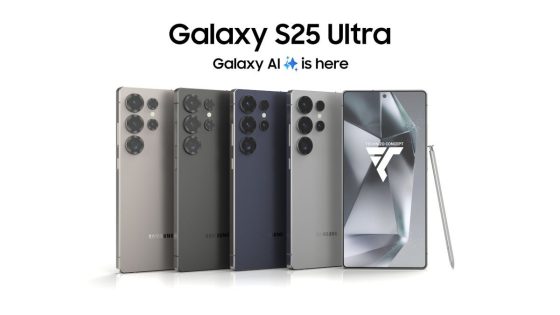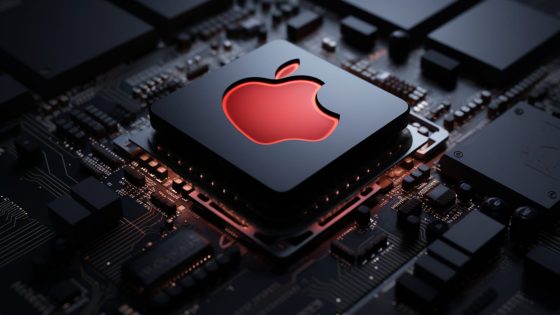Google has come under fire for allegedly faking AI output in a Super Bowl ad. The commercial features a business owner claiming that Gemini AI created a website description for Wisconsin Cheese Mart. However, this text has been on their website since 2020, raising questions about the authenticity of the ad.
- Google faked AI output in Super Bowl ad.
- Gemini launched in 2023, not earlier.
- Commercial featured Wisconsin Cheese Mart's Gouda.
- Incorrect cheese consumption statistic removed.
- Google claims description was generated by Gemini.
- Business owner suggested rewriting product description.
Google’s Super Bowl Ad Raises Questions About AI Authenticity
What happens when a tech giant misrepresents its own product? Google’s recent Super Bowl ad featuring Gemini AI has raised eyebrows for allegedly showcasing fabricated AI-generated content. The ad portrays a business owner using Gemini to create a description for Gouda cheese, but this text has been publicly available since 2020. This discrepancy has left many wondering about the reliability of AI in marketing.
Controversy Surrounds Google’s AI Claims in Advertising
The controversy began when Google claimed that Gemini AI generated a product description for Wisconsin Cheese Mart. However, the text in question was already on their website before Gemini’s launch in 2023. This has led to significant backlash against Google, as many consumers feel misled. Furthermore, the original ad inaccurately stated that Gouda cheese accounts for “50 to 60 percent of the world’s cheese consumption,” which was later removed. So, what does this mean for the future of AI in advertising?
Key Points of the Google Gemini AI Controversy
Here are some essential takeaways from the situation:
- The ad misrepresented the capabilities of Gemini AI.
- Text used in the ad was already available on the business’s website.
- Incorrect statistics were initially included but later edited out.
- Google insists that the AI is “grounded in the Web,” despite the discrepancies.
The Impact of AI Misrepresentation in Advertising
Misleading advertising can have serious consequences. When consumers feel deceived, it can damage a brand’s reputation and erode trust. As AI continues to play a larger role in marketing, companies must prioritize transparency and accuracy. This incident serves as a reminder for businesses to verify their claims, especially in high-stakes environments like the Super Bowl.
Looking Ahead: The Future of AI in Marketing
As AI technology evolves, so too will its application in advertising. Companies must navigate the fine line between innovation and integrity. Will consumers continue to embrace AI-generated content, or will incidents like this lead to skepticism? The future of AI in marketing hinges on the ability of companies to deliver truthful and reliable information.
































